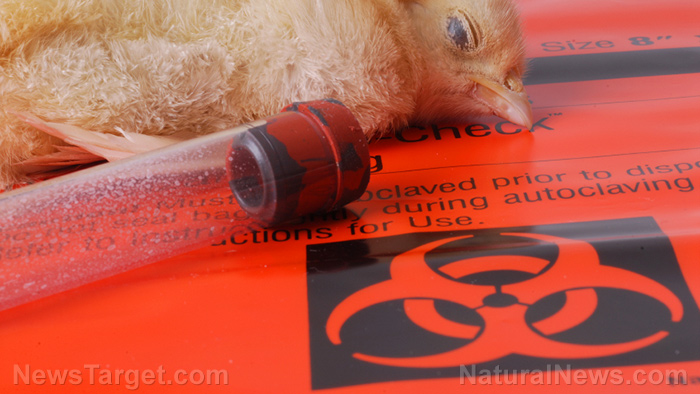Instead of Paying Farmers Subsidies to Grow Unprofitable Crops, Wouldn’t It Make More Sense to Legalize Hemp Agriculture and Unleash Billions in Profit Potential?

President Donald Trump recently announced that a multi-billion dollar financial aid plan for farmers would soon be coming down the pike. The subsidies for farmers are intended to help farmers who’ve been hit hard by new, retaliatory tariffs. Agriculture Secretary Sonny Perdue says the three-part, $12 billion plan will help ensure that farmers and ranchers aren’t overly burdened by the Trump administration’s vigorous efforts to restore balance to the United States’ trade affairs.
Keeping American farmers in business is a top priority, no doubt. But many are wondering why this administration hasn’t tried to shift focus onto a more profitable plant for farmers: hemp. It was recently revealed that the Senate’s 2018 Farm Bill included legislation which would legalize the cultivation of hemp here in the U.S. If passed, the bill would allow for hemp to be sold as an agricultural commodity and remove it from the list of federally controlled substances.
Further, Senate Majority Leader Mitch McConnell’s office reports that the bill would give hemp researchers the ability to apply for grants from the Agriculture Department and make hemp farmers eligible for crop insurance — and states would be allowed to regulate hemp, too. This is all great news; hemp is a plant with enormous potential for profits. Why isn’t it legal yet?
Hemp could revolutionize American farming industry
For farmers, hemp could be the next big thing. In fact, cultivating hemp could help restore agricultural economy in the U.S. While it may be illegal, hemp does not have the same psychoactive properties as its closely related (and also federally prohibited) cousin, cannabis. But it does share many of the same health benefits: Hemp contains cannabidiol (CBD) and can be used to make medicinal but non-psychoactive CBD extracts. Many people have turned to CBD extract as a last line of treatment for diseases like cancer.
But CBD’s biggest claim to fame may be its ability to help children with intractable seizure disorders; the plant compound has been proven as an effective treatment for seizure disorders like Dravet’s syndrome. The FDA has even given a CBD synthetic produced by Big Pharma the green light. And yet, growing the plants which contain CBD on American soil remains illegal at a federal level.
Hemp can also be used for a wide variety of things: Hemp can be used to make paper, clothing, food, medicine, fuel and more. It’s estimated that some 25,000 products can be made from hemp. But it’s usefulness as a product isn’t its only benefit: For farmers, hemp is fairly simple to grow — and cheap too. Not only will hemp unleash billions of profits for the farming industry, it is a very environmentally friendly crop. In some areas of the U.S., farmers have already gotten the green light to grow hemp — and those farms are reporting revenue of $90,000 per acre from CBD oil alone. Comparatively, farmers make $600 per acre on alfalfa plants, which are grown under similar conditions.
Hemp is good for the planet, and for farmers
The hemp plant requires just half the amount of water needed to grow corn, it can grow successfully in a range of climates and soil types, requires no pesticides and grows very fast — up to 20 feet in just 100 days. It is truly an all-purpose crop; it can be grown virtually anywhere, with less water and fewer chemicals. This is all money saved for farmers — and once legalized, the demand for hemp will skyrocket. Profits for hemp farmers are practically in the bag already, but this could also be big news for environmental advocates.
Geoff Whaling, chairman of the National Hemp Association explains, “It uses more water at the very beginning of its growth,” said “But once it kind of passes its early development stage—about three weeks—it becomes one of the most drought-tolerant crops on the planet.” Because of this, hemp could be a vital tool for water preservation.
You can learn more about hemp, CBDs and legalization at CBDS.news.
Sources for this article include:
Delivered by The Daily Sheeple
We encourage you to share and republish our reports, analyses, breaking news and videos (Click for details).
Contributed by Vicki Batts of NaturalNews.com.
The NaturalNews Network is a non-profit collection of public education websites covering topics that empower individuals to make positive changes in their health, environmental sensitivity, consumer choices and informed skepticism. The NaturalNews Network operates without a profit incentive, and its key writer, Mike Adams, receives absolutely no payment for his time, articles or books. The NaturalNews Network is not for sale, and does not accept money to cover any story (or to spike it). NaturalNews Network is what the news industry used to be, before it sold out to big business.


